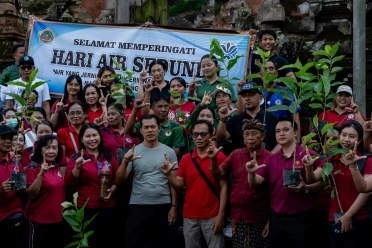Bali celebrates the aspect of knowledge and wisdom gracefully through intricate and dedicated ceremonies. Among these is Pagerwesi Day. Rooted in the concepts of wisdom, self-protection, and spiritual fortification, Pagerwesi offers a unique insight into the spiritual fabric that binds the island’s inhabitants.
Iron Fence of Wisdom And Protection: The Profound Meaning Behind Pagerwesi Celebration
The Metaphorical Barrier
The term "Pagerwesi'' derives from the Balinese words "pager" (fence) and "wesi" (iron), symbolizing an "iron fence." This metaphorical fence represents the need to protect oneself with knowledge and wisdom, forming a barrier against negative influences and evil spirits. Celebrated every 210 days on Budha Kliwon Wuku Shinta, Pagerwesi is closely linked to Saraswati Day, which honors the goddess of knowledge.
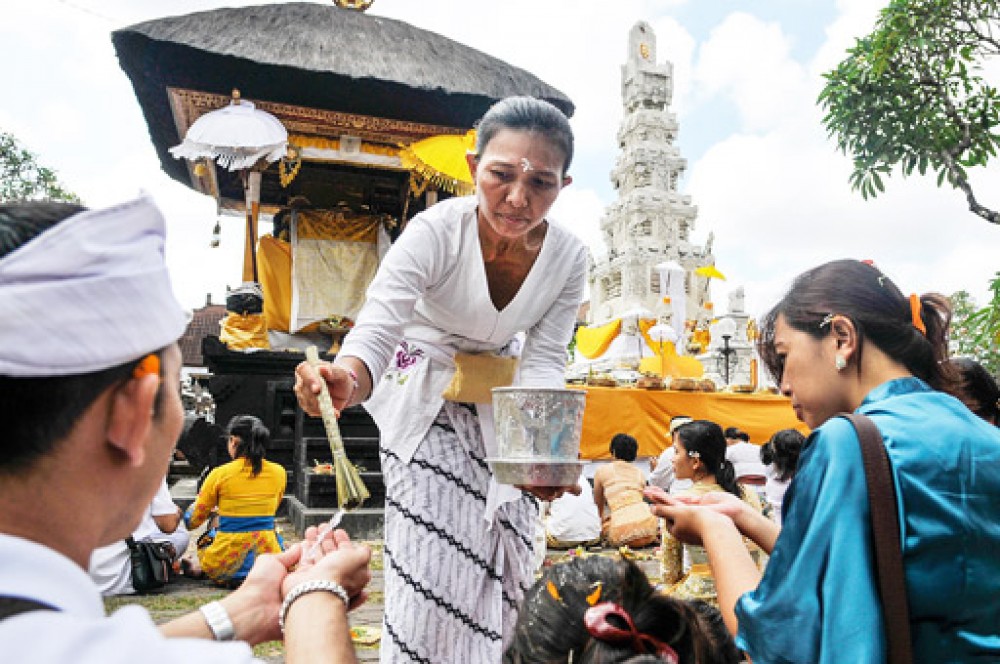
The Fortification of Minds
Pagerwesi Day is dedicated to Sanghyang Paramesti Guru, a manifestation of Lord Shiva, revered as the teacher and protector of the universe. On this day, Balinese Hindus seek blessings from Sanghyang Paramesti Guru to fortify their minds and souls against evil forces. The celebration emphasizes the importance of wisdom in leading a righteous life, free from harmful behaviors and negative influences.
Offering, Prayers, and Grand Pilgrimage
The celebration of Pagerwesi begins with offerings and prayers at the family shrine (sanggah), followed by visits to extended family temples and village temples. In some regions, such as Buleleng, Pagerwesi is observed on a grand scale similar to Galungan Day, featuring the Munjung tradition—pilgrimages to the graves of relatives.
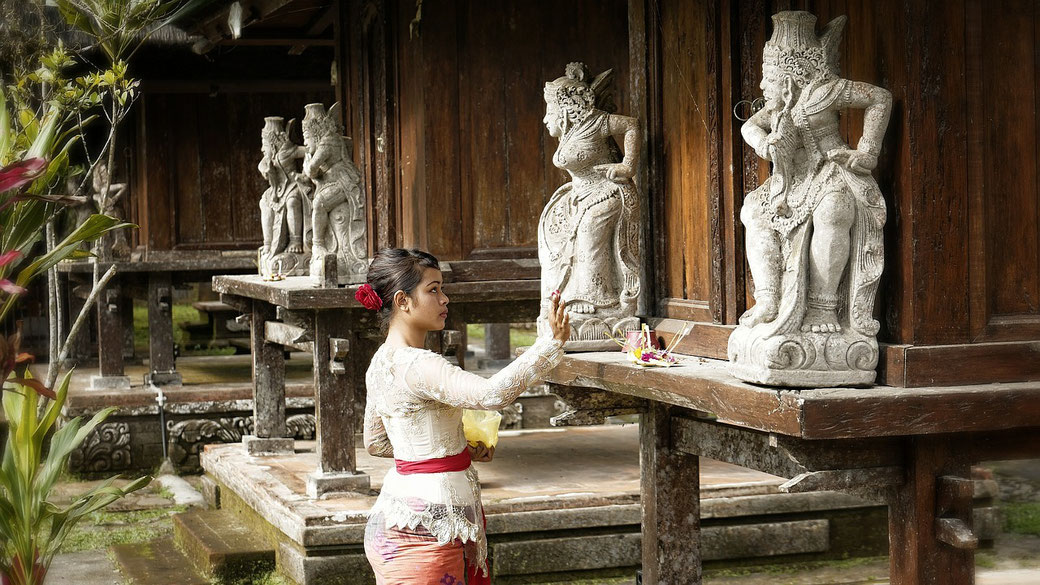
Key Pagerwesi Practices
Self-Protection: Like an iron fence, individuals are reminded to guard themselves with knowledge and wisdom.
Reflection and Meditation: A time for self-reflection, strengthening faith, and enhancing spirituality.
Purity and Wisdom: Seeking purity and wisdom to guide daily life.
Harmony and Prosperity: Emphasizing the importance of harmony and striving for collective prosperity.
Soma Ribek and Sabuh Mas
There are two minor holidays leading up to Pagerwesi (apart from Saraswati):
Soma Ribek: Celebrated on the Monday before Pagerwesi, dedicated to Bhatari Sri, the goddess of rice. Offerings are made to ensure a bountiful harvest.
Sabuh Mas: The Tuesday before Pagerwesi focuses on prosperity. Offerings and prayers are made for wealth and abundance in the coming year.
Cultural Impact and Celebrations
Pagerwesi's celebration varies across regions but generally involves erecting 'penjors' and making elaborate offerings. Unique among Balinese ceremonies, Pagerwesi is held at night, adding a mystical dimension to the rituals.
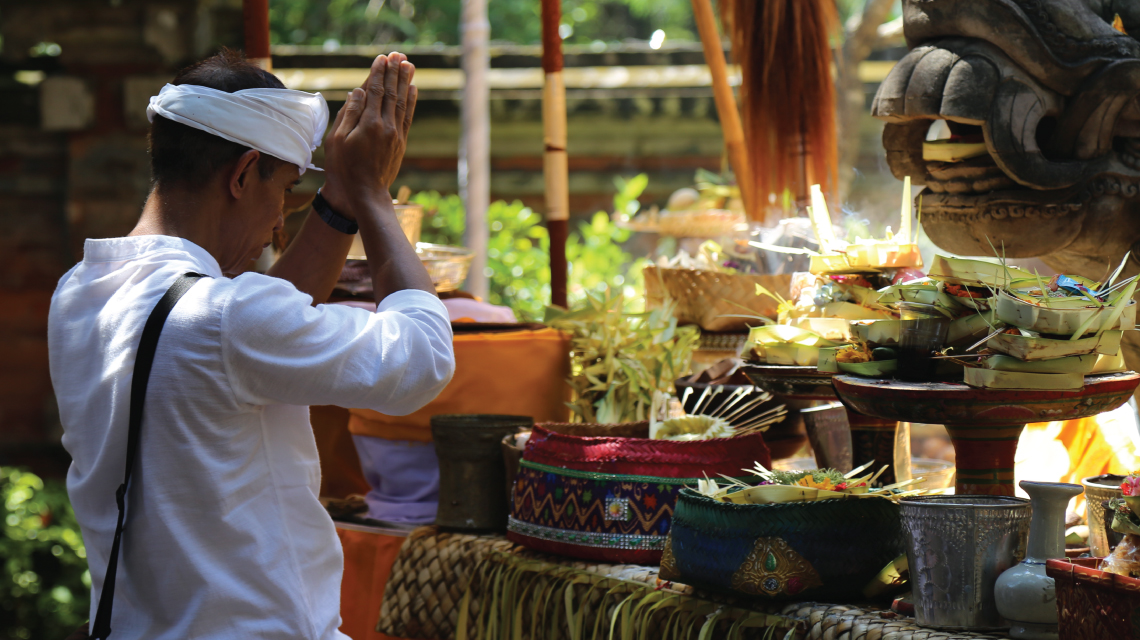
Why It Matters
Until this very day, Pagerwesi is not just a ritual for Balinese people, but a day of spiritual renewal. It serves as a reminder to fortify oneself with knowledge, ensuring protection against negative forces. This focus on wisdom and self-protection resonates deeply in the daily lives of Balinese Hindus, offering a framework for living harmoniously and prosperously.
With its rich traditions and deep spiritual significance, Pagerwesi is an evidence to the enduring cultural heritage of Bali. It highlights the importance of wisdom, protection, and spiritual strength, offering a profound lesson for both locals and visitors. By appreciating the values embodied in this ceremony, we can all strive for a life of wisdom, harmony, and prosperity.



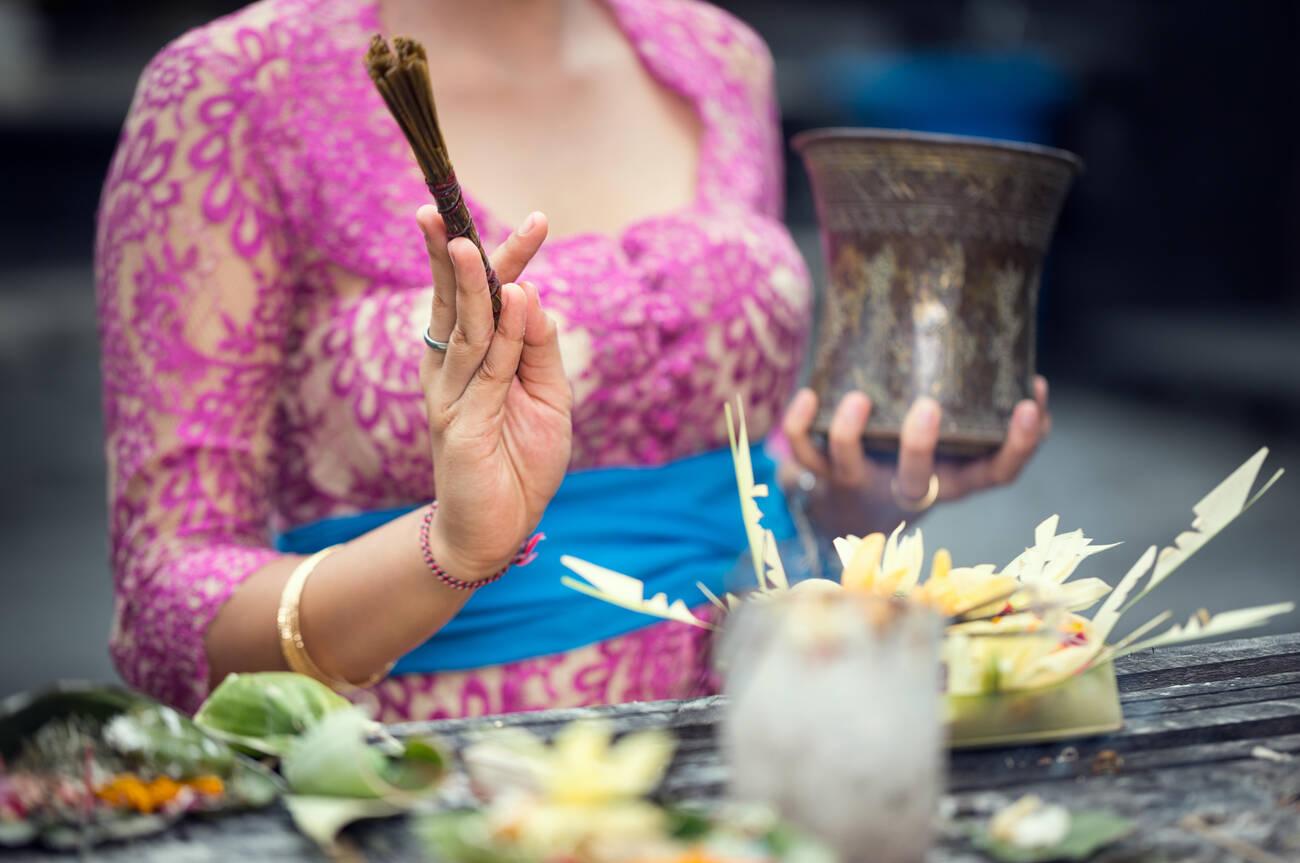
 Billy Bagus
Billy Bagus
 Jul 26, 2024
Jul 26, 2024






